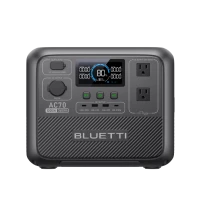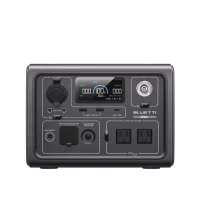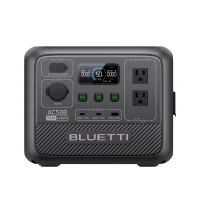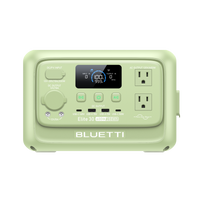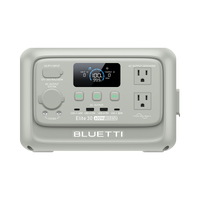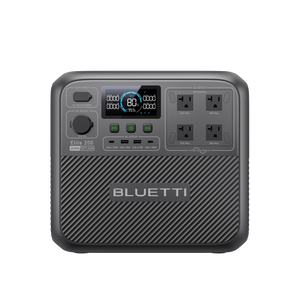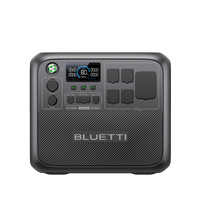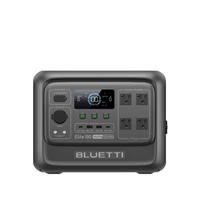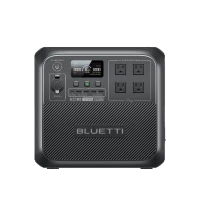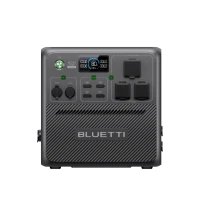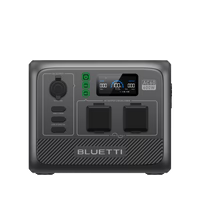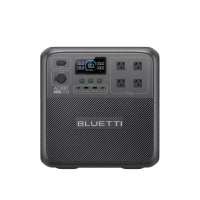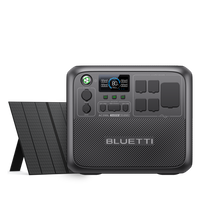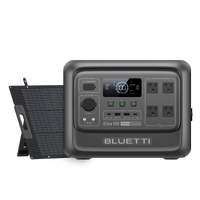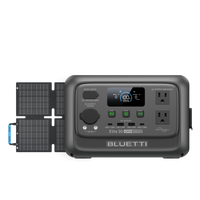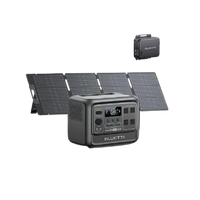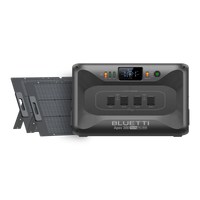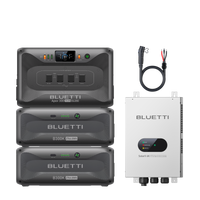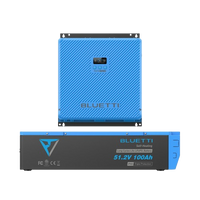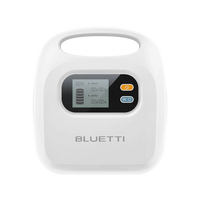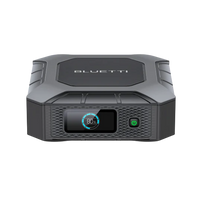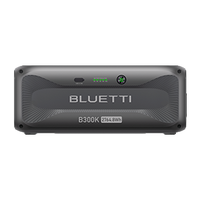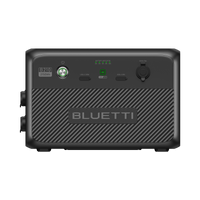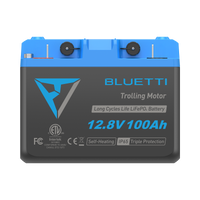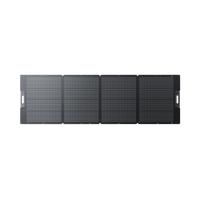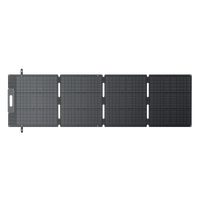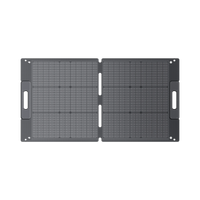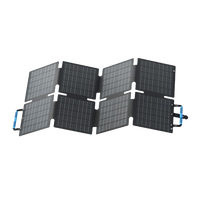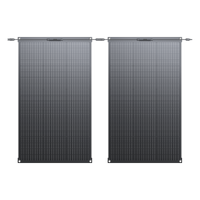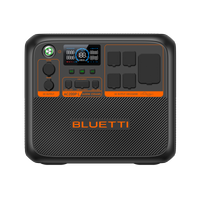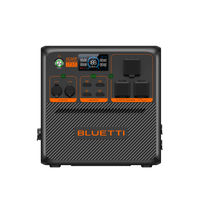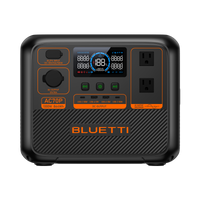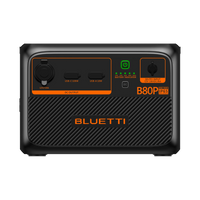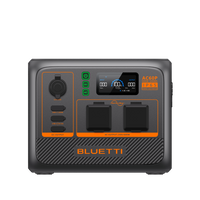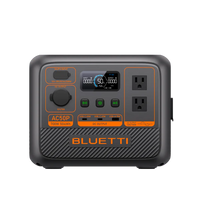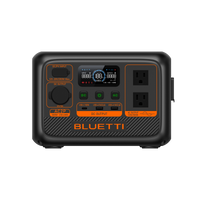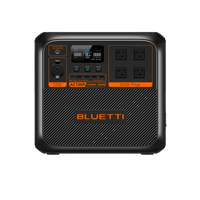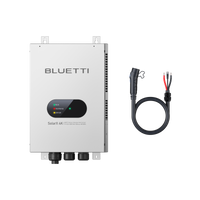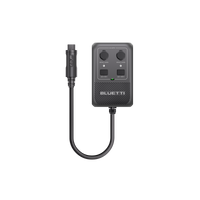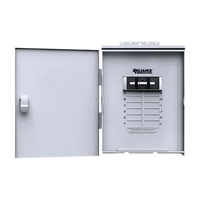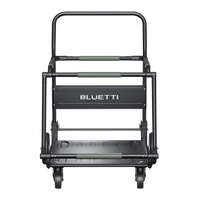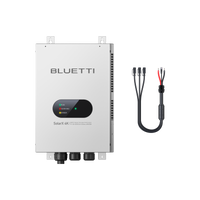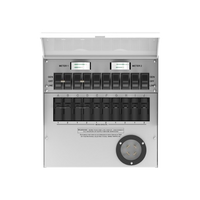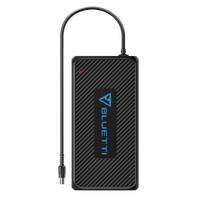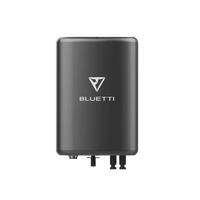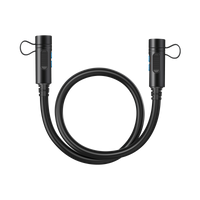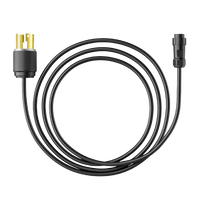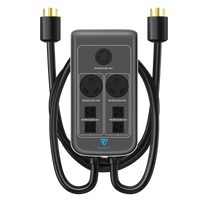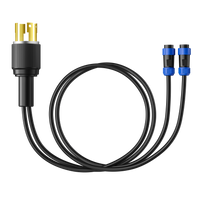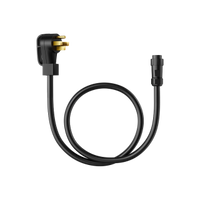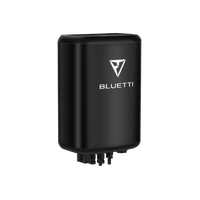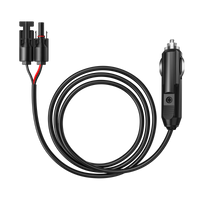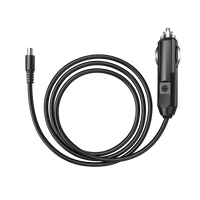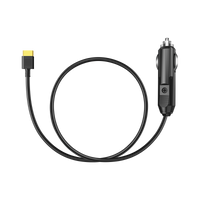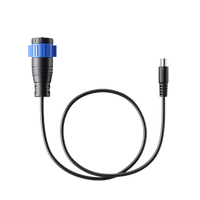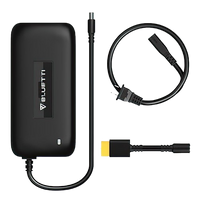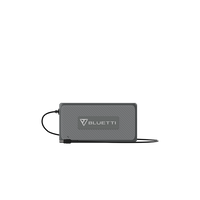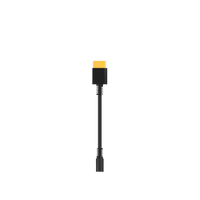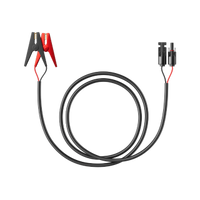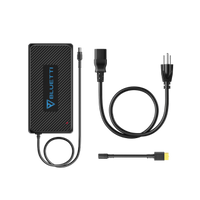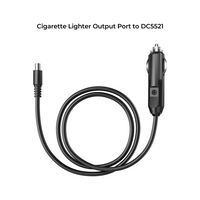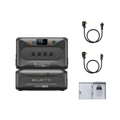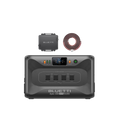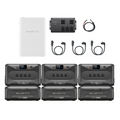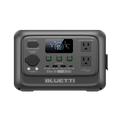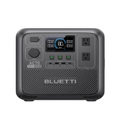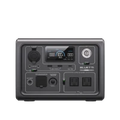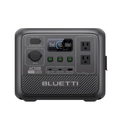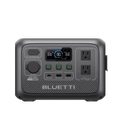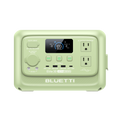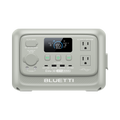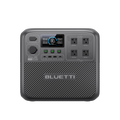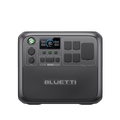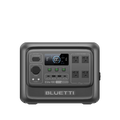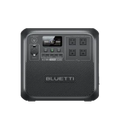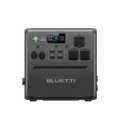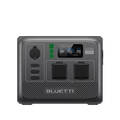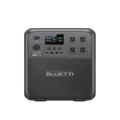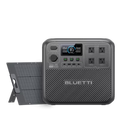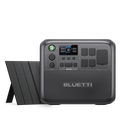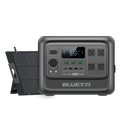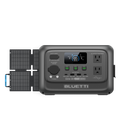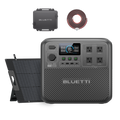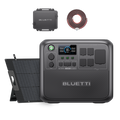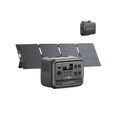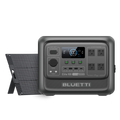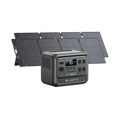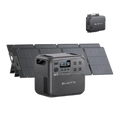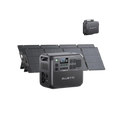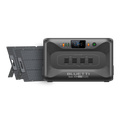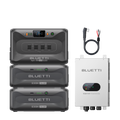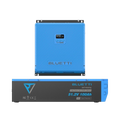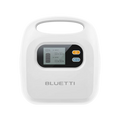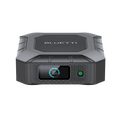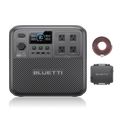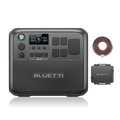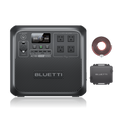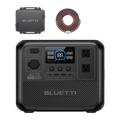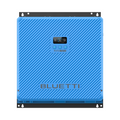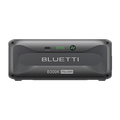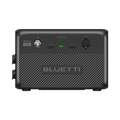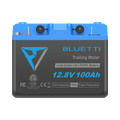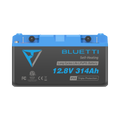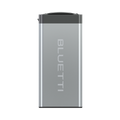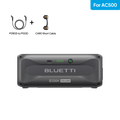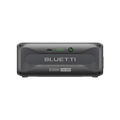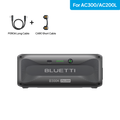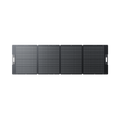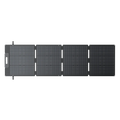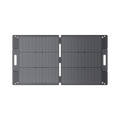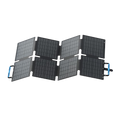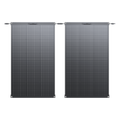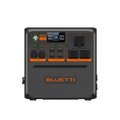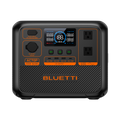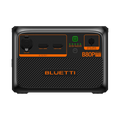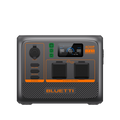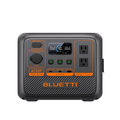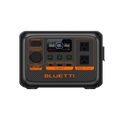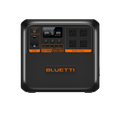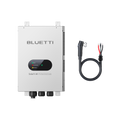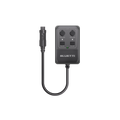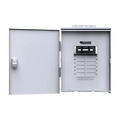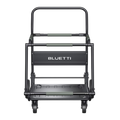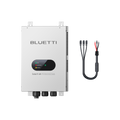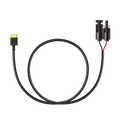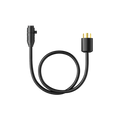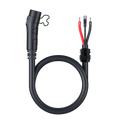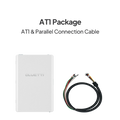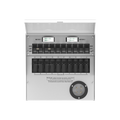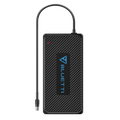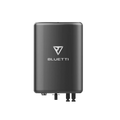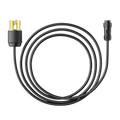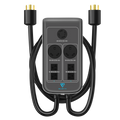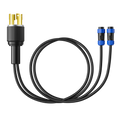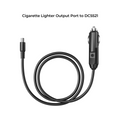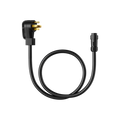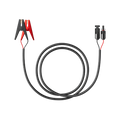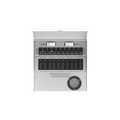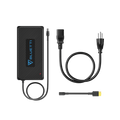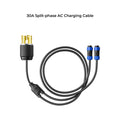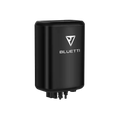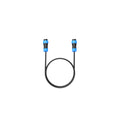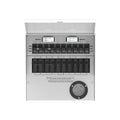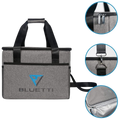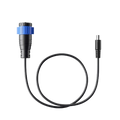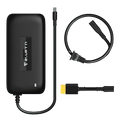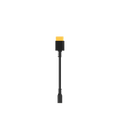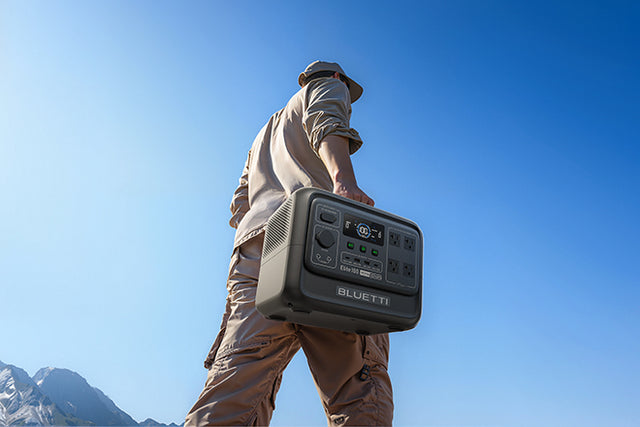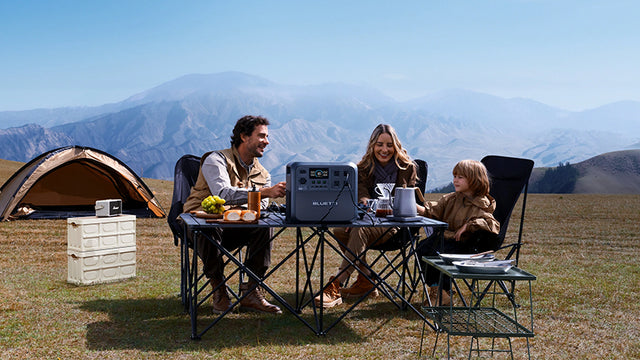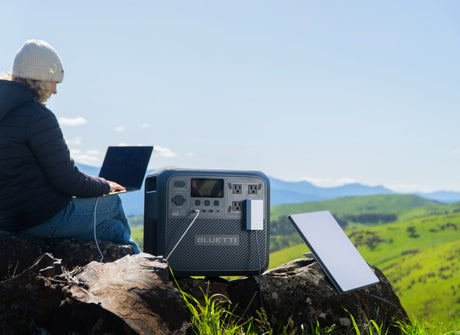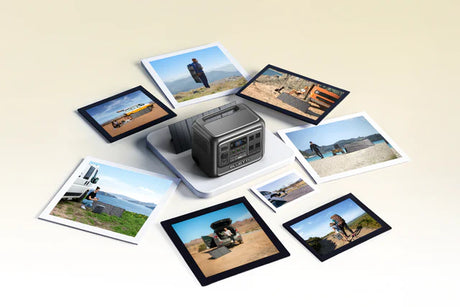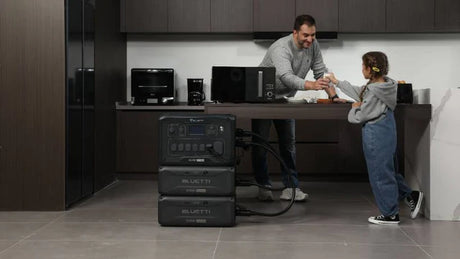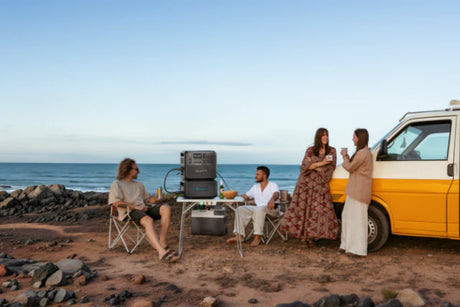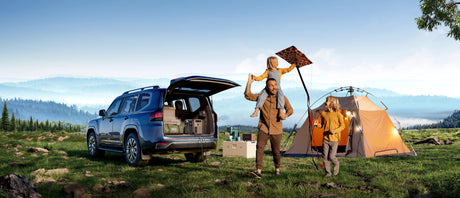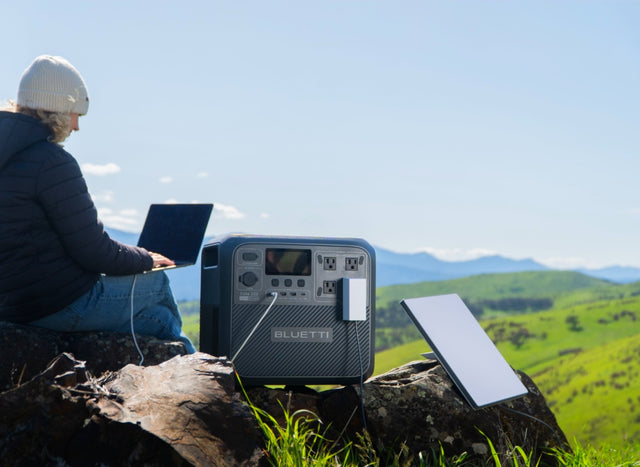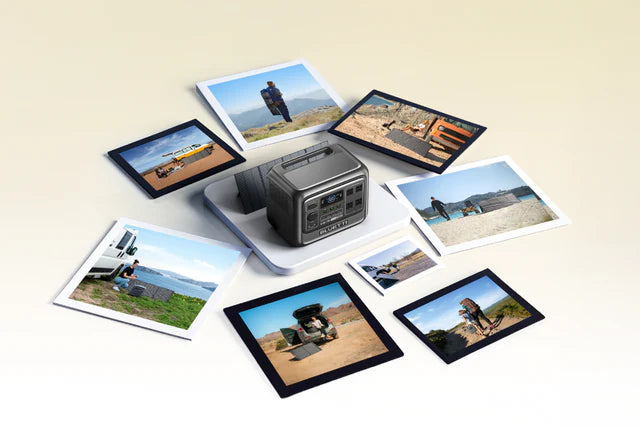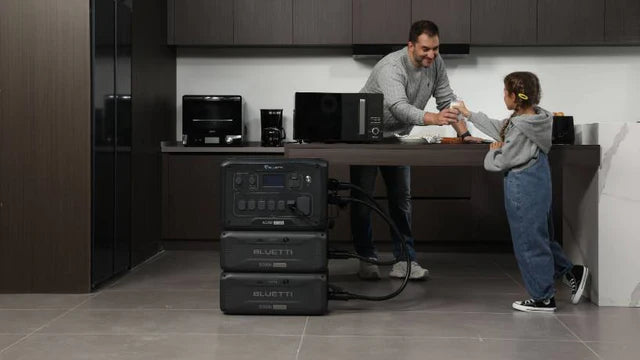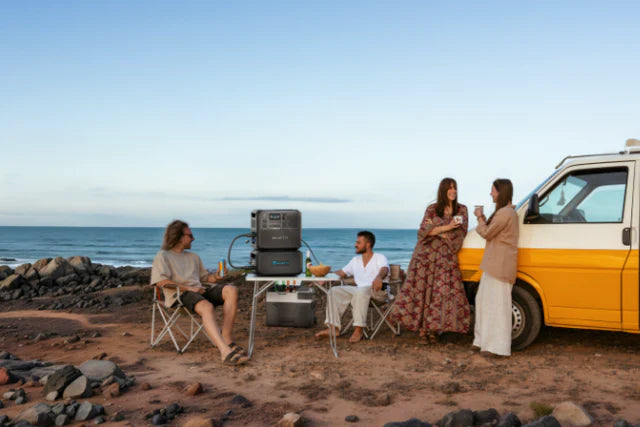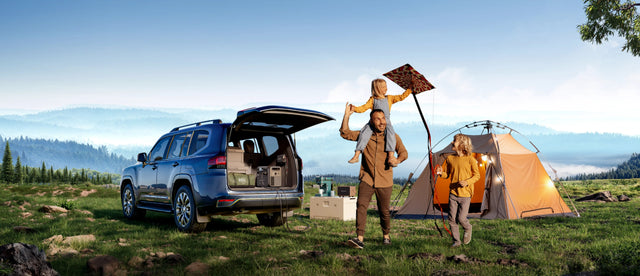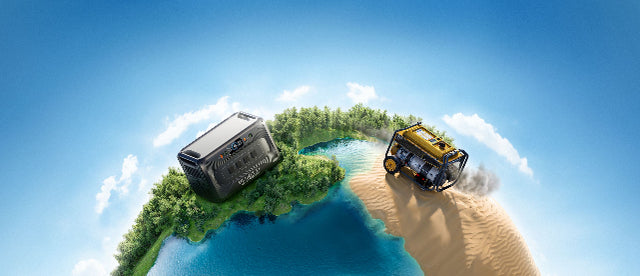Of all the things we depend on for our daily power needs, solar panels are the answer to many. No matter how much you have, a portable solar panel is a big help in providing power. This is because advances in technology by experts have enabled these devices to produce solar energy for extended periods without sun exposure. Today, these tiny devices can charge laptops, cellphones, tablets, and even power televisions, among other electricals in your home or outdoor landscape.
However, the panels are fragile, so you must be careful with them. Unfortunately, common bad habits will damage the boards and diminish their usefulness. To help you learn to protect your solar panels, we have developed a list of the most common mistakes owners make, that damage portable solar panels.
How to Avoid Damaging Your Portable Solar Panels
1. Letting Dust Accumulate on the Panels
Keeping your solar panels clean is essential to getting the most out of them. If they are covered with dust, snow, or other materials, they will not be able to provide power as efficiently as they could if they were clean. This is because the materials will block light and prevent the panels from absorbing quickly.
In addition, this can cause damage to the panels themselves by allowing moisture to build up on them that would otherwise evaporate. It also increases their risk of being hit by debris such as leaves and birds dropping seeds. Specks of dust can also get stuck in the fins of the solar panel, which is where the electricity is generated. This can lead to a loss of efficiency as well.
To keep your solar panels in good condition, make sure you regularly clean them off manually and by using a leaf blower or other tools that will blow away any excess materials without damaging them.
2. Keeping Them on an Uneven or Rough Surface
When left on an uneven surface, like the ground, the panels can end up slightly damaged due to the friction that occurs when they slide against the ground. This friction over time will cause the surface of the panels to become rough, and it will also likely damage the surface of the solar cells within each panel. The roughness of the surface could also result in scratches, which could create problems for how the cells absorb light and then turn it into energy. Such damage can negatively affect your ability to get an adequate charge from your panels, making them less effective.
The best way to protect your portable solar panels is by always setting them on a flat and even surface whenever you are storing them or transporting them. You should also ensure you are not putting anything directly on top of them. If you cannot find a clear, even surface to set up your panel on, consider using a piece of cardboard or something else underneath to protect the bottom.
3. Using Chemical-Based Products to Clean Them
While these panels are intended to be used outdoors and are made to withstand a certain amount of weathering, you still should not use chemicals to clean them. Frequently cleaning portable solar panels with chemical-based products can cause damage to the circuitry, preventing them from working correctly.
Rather than subjecting the panels to harsh chemicals, try using water and a soft cloth to wipe away any dust or dirt that may have accumulated. Use a stiff brush if you need to get down into the panel's grooves. If you are concerned about hard water stains, try soaking a towel in vinegar or lemon juice, wringing it out, and then using it to buff the panel dry. You could also use an old toothbrush with a drop of liquid detergent if you like.
4. Leaning or Placing Something Heavy on the Solar Panels
Many people think it is okay to put something heavy on top of the portable solar panels, like a heavy backpack or a pile of books, to prevent them from moving around during strong winds. But that can cause cracking and tearing at the corners and seams of the panels, making them more likely to leak and short circuit if they get damaged by the wind.
If you have a big backpack or large pile of books, consider propping up one end of the panel with a small bag filled with sand instead. Or better yet, pack your backpack or stash the books somewhere safe instead of putting anything on top of your solar panels. While this is not something you have to worry about very often—there are plenty of other things that are much more likely to damage your portable solar panels—it is good to be aware of all possible threats so you can protect them from any eventuality.
5. Using Low-Quality Cables
Unfortunately, low-quality cables can damage your solar panel and shorten its lifespan. First of all, poorly-made cables provide inconsistent power to your device. When you are charging your phone with a cable, you want a steady stream of power that does not cut out when you flip the switch on your flashlight. Most mobile devices do not have the durability for sudden jolts of electricity, and your phone is more likely to malfunction if it charges when the voltage is high. The same goes for when you are using the portable solar panel: sudden spikes in voltage can damage your devices.
The second problem with cheap cables is faulty insulation. Cheaply made wires can break down over time due to extreme temperatures—they might start working well enough in a standard household setting, but they would not last if they have to regularly deal with heat or cold. If your cables do not have insulation and have been exposed to extreme temperatures, you risk an electrical fire.
6. Failing to Monitor Battery Charge Levels
It is crucial to monitor your portable solar panel's battery levels during use. Failure to do so could permanently damage the panel and void the manufacturer's warranty.
When monitoring the battery level, checking for a full battery charge or a full discharge is vital. This allows you to understand how much power the battery can hold and whether or not it will be able to charge a device before it gets exhausted. If you notice that your portable solar panel is taking longer than expected to charge your phone but is not close to total capacity, then a problem with the battery charge level is likely. If you leave your panel out in the sun too long without checking on it, you may find that it will not hold enough of a charge to charge your phone.
If you find that your portable solar panel is not holding a full battery charge, then there are two possible solutions: you can either replace the batteries or replace the entire portable solar panel unit. It is recommended that you take steps towards replacing the batteries as soon as possible because if they are not returned, then they may cause damage to other electrical devices that are currently in use with your portable solar panel unit.
Bending, Dropping, or Hitting It Hard
Portable solar panels are ideal for traveling and in remote locations, but their portability can also make them a hassle to keep in good shape. It may seem impossible to damage them, but it turns out that all it takes to damage a portable solar panel is some carelessness on your part.
To avoid damaging your portable solar panels, avoid doing any of the following:
Bending
The solar panel is the most fragile part of your solar array, so it should be protected from unnecessary strain. Always try to transport them in padded cases or bags.
Dropping
If a solar panel is dropped, it could break the glass and shatter, rendering the entire panel useless. If you have to move a panel while it is still in use, use both hands and do not drop it.
Hitting It Hard
This could shatter the glass and render the panel useless, especially if you hit it with something quite hard like a rock or bullet. If you have to move the panel while it is still being used, avoid hitting anything with it.
If any of these things happen to your solar panel, contact a professional to examine it for damage and advise on its repair options.
Disassembling the Panels Inadequately
Do not try to disassemble the panels yourself; that is what you should be cautious of because solar panels are made of conductive material, metal sheets, aluminum frames, and other materials. Accidents may occur if you do not take proper safety measures, such as wearing protective gear, gloves, and glasses when disassembling them.
When you want to change your device's installation position or size, you might think it is a good idea to cut the wires or dismantle the panels from the frame. But this is not a wise decision because once the wires get disconnected from each other or the frame and contacts, you cannot put them back into their original state. This will affect your panels' performance after they are reassembled and installed. If you have any questions during the installation process, please consult an expert who has experience in this field.
Declining to Understand Their Limits
It is essential to understand the limitations of incredibly portable solar panels to avoid disappointment when you buy one. Portable solar panels are designed to charge batteries used to power things like cell phones, laptops, and other small electronics. When using these solar panels, it is essential not to overload them.
If you try to run an electrical load that is too high for the panel's capacity, the result will be that the panel will not be able to handle the load and might overheat. This can be dangerous as some people might attempt to use them while they are plugged in. If this happens, there is a chance that the circuit breaker in the unit could trip and cause an injury.
Given all of this information, it is vital for people who use portable solar panels to learn how much energy their device can handle. The power a device needs before it becomes overloaded depends on how long it runs and its amperage rating. By knowing these two figures and keeping them within the recommended power range for their device, users can avoid damaging their equipment or causing injury.
The Key Takeaway
Despite their benefits, there are various things to avoid when using portable solar panels to prevent fading, scratching, and other damages. The frequent mishandling of portable solar panels ends up causing some damage. Although these damages will typically not be immediate, their effects are devastating in the long term. Take solace in that with proper usage and these small accommodations; your portable solar panel can last the longest time possible. Hopefully, you will be able to avoid premature deterioration of your portable solar panels by proactively dealing with these issues.
Check Out Bluetti
Bluetti's portable solar panels come equipped with a vast array of features designed to cover virtually any situation in which you might need power. They’re perfect for keeping your phones, tablets, tools, and laptops charged up.









